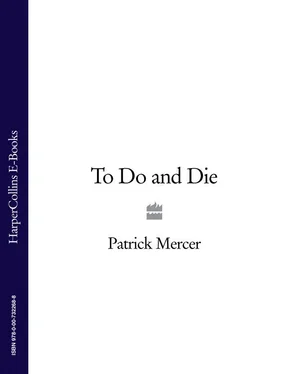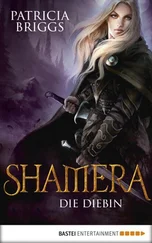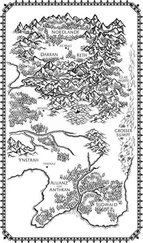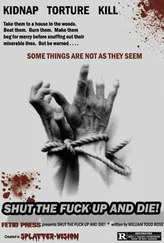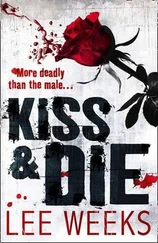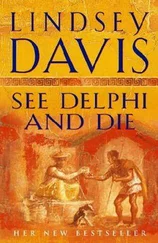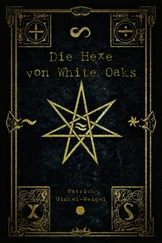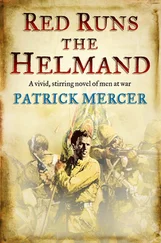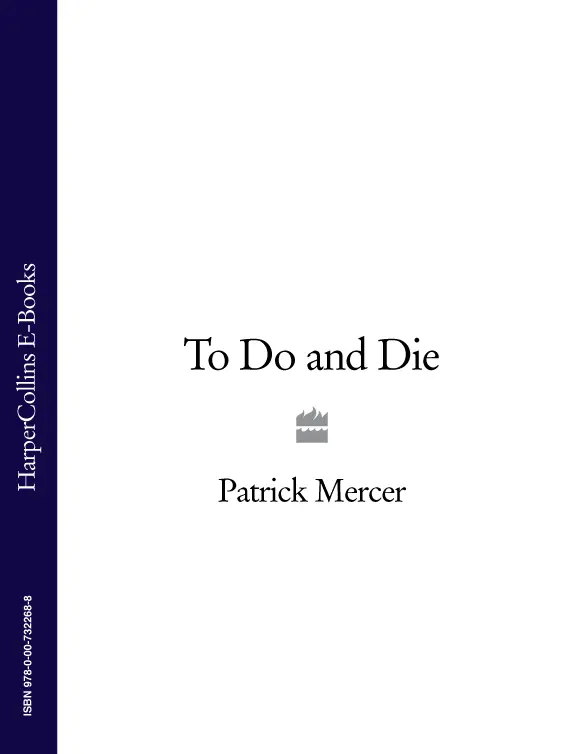
PATRICK MERCER
To Do and Die

To Do and Die is dedicated to “The Pack”
Chapter One - The Battle of the River Alma
Chapter Two - Glassdrumman
Chapter Three - Weedon Barracks
Chapter Four - Bulganak
Chapter Five - Alma to Balaklava
Chapter Six - Balaklava
Chapter Seven - Little Inkermann
Chapter Eight - Eve of Inkermann
Chapter Nine - Dawn at Inkermann
Chapter Ten - The Sandbag Battery
Chapter Eleven - Wounded
Chapter Twelve - The Raid
Chapter Thirteen - Out of the Line
Chapter Fourteen - The Quarries
Chapter Fifteen - Victory
Glossary
Historical Note
Author Note
Acknowledgements
Copyright
About the Publisher
ONE The Battle of the River Alma
The chaffing and laughter stopped abruptly: shallow jokes were choked off as the troops listened intently. Every bristle-chinned man in the long, snaking ranks sweated gently into his scarlet coat, shoulders bowed under his load of kit and ammunition, hands cupped around his rifle as he strained to hear the order that would start the killing. The warm, late September breeze carried the snapping and popping of the burning village of Bourliouk to their front clearly now as every voice was stilled, then the captains stumbled over the furrows of the vineyards clutching at swords and haversacks, rushing to be first to give the order to their men. The soldierly form of Captain Eddington, their companycommander, stood before them, trim, athletic, just a slight flush on his face betraying the excitement of imminent action. The run had left him almost out of breath: he fought hard to steady his voice.
‘With ball cartridge … load!’
Eddington was crisp, exact, almost elegant compared with the brass-lunged non-commissioned officers who repeated his orders. Young Anthony Morgan did his best to conquer his suddenly dry throat, to stop himself sounding too Irish and utter the same command that, if truth were known, he had never really expected to say on the field of battle. Here he was, twenty-three and the junior subaltern of the 95th Foot's Grenadier Company, about to see war for the first time and acting as if he'd never heard the words of the drill manual before.
Almost as one, the troops spat out the cartridge paper, then the line sang as ramrods forced home the bullets that were about as big as the end of your thumb. Rifles were pulled sharply back to the order before a gulp swept down the lines – there could be no turning back now. With all forty rounds untied and ready for use in their pouches and hands sticky with sweat on the stocks of their weapons, every man knew that the browny-grey blocks of Russian infantry looking down at them on the other bank of the sluggish Alma had to be faced.
‘Officers, to me,’ Eddington shouted. Both of his subalterns, Richard Carmichael and Anthony Morgan ran from their places by their men to the front of the company.
‘Right, you two, the plan's simple …’ Eddington turned and pointed across the river towards the Great Redoubt, the earthworkat the centre of the Russian position, howitzer barrels just visible, pointing menacingly towards the waiting, British ranks. ‘The French will turn the right of the Russian position whilst we go straight at them here, across the river Alma, to take that Redoubt. The Light Divisionare on our left, Adams's Brigadeon our right; Cambridge's Guards are to the rear, in reserve. Once the firing starts it'll be all smoke and chaos, I guess, so if you get confused, just look to the centre of the Regimentwhere the Coloursare. Any questions?’ Despite the invitation, Eddington – quite evidently – felt that everything was as clear as it needed to be.
Neither subalterns dared ask anything, merely shaking their heads in reply.
‘Right…’ Eddington shook both of his officers' hands quickly. ‘Back to your men, remember how much they'll depend on you.’ Then, less stiffly, ‘Good luck,’ before both young men strode back to their places at either end of the Grenadier Company.
The river twisted and coiled between low banks on the northern side and higher ones to the south, then a little shelf gave way to a short, steep climb before the land sloped gently, smoothly up to the enemy positions. The Russian commander – Menschikoff – had given his divisional and regimental officers, in this part of the field at least, all the freedom they needed to plan this position and Morgan could see that they had been thorough. When they had paused at Scutari on their way to the Crimea, they'd visited their own artillery and been told that the most lethal range for guns against infantry was about six hundred paces. He looked up to the brass muzzles that peeped down through the embrasures over clear slopes where no vines grew and the only trees were a dotted line of scrawny poplars along the course of the river: they were about six hundred paces away.
Morgan was just able to make out the far-off rattle of drums before the first shot rasped overhead – he'd never heard that sound before: now his guts and arse tightened – just as the veterans had said. Judging by the way that the whole company ducked, there were another eighty-odd spincters doing just the same and he fought with himself to look the men in the face and not to turn and stare at the guns whose smoke now roiled across the hillside. The round shot had still to find their mark when the commanding officer cantered forward, his own nervousness carrying to his horse – the animal pecked and sidestepped as the balls shivered through the air.
‘Ninety-Fifth will advance … by the centre, quick march!’ Colonel Webber-Smith's words were echoed down the companies and the regiment billowed forward.
But this certainty was to be short lived – they stuttered to a halt no more than three hundred yards further on.
‘Bloody Seventh, just a bunch o' bairns.’ Colour-Sergeant McGucken was one of the few Scots in the regiment. He'd transferred from the 36th a few years ago and, at six-foot and as hard as a Glasgow winter he'd soon found himself in his new regiment's hand-picked Grenadiers. Now, he damned the battalionto their left whose cursing ranks had first collided with their own and then caused them to pause and have to be untangled.
They'd never made friends with the “Old 7th” as they called themselves, for these boys had seen no more active service than the 95th, but they would never stop bragging about their lineage and history. The 7th Fusiliers came from the Light Division – the left assault division – and there had been friction between the two regiments ever since the pause at Varna; now an uneasy file of them tramped past, all downy, half-grown beards and haphazard firewood sticking out of their blanket packs. They looked just a little too fixedly ahead, their stares pleading their innocence for this officer-botch that made them seem so clumsy in front of a “young” regiment. Then the earth spurted momentarily just ahead of them and half a dozen sprawled on the ground, as if felled by some mighty scythe. A brightly-painted drum bounced, a rifle now bent like a hairpin cartwheeled away and one of the 7th sagged, his clothes, belts and blanket awry.
Morgan saw how the jagged iron shards had caught the lad, for a furrow the length of a man's finger had been opened below his ear, yet he felt nothing more than curiosity. Bruised, dark-purple ribbons of chopped flesh laced his neck as black, arterial blood soaked his collar and cross-belts, dripping into the soft earth next to his dead face.
Читать дальше
